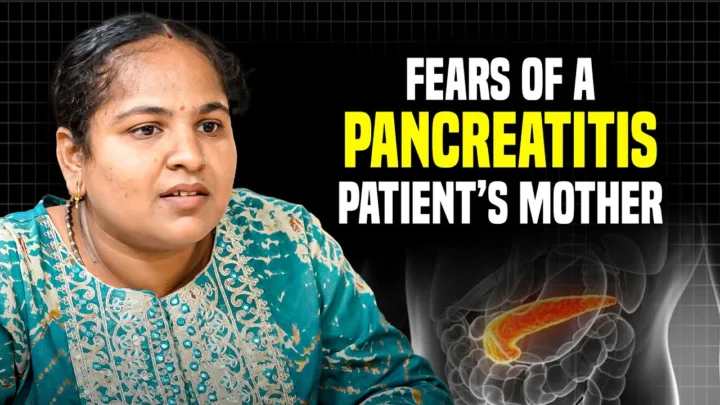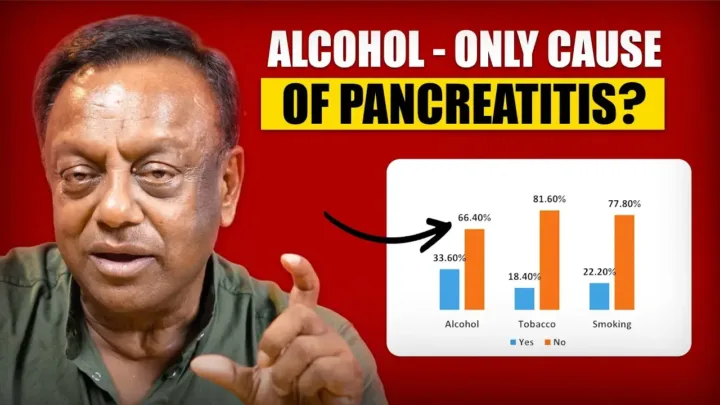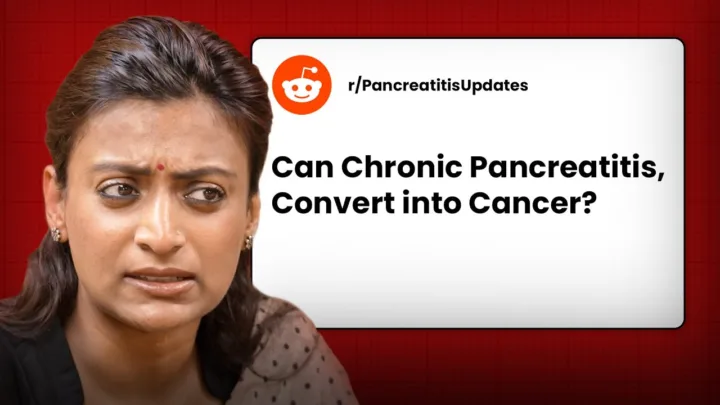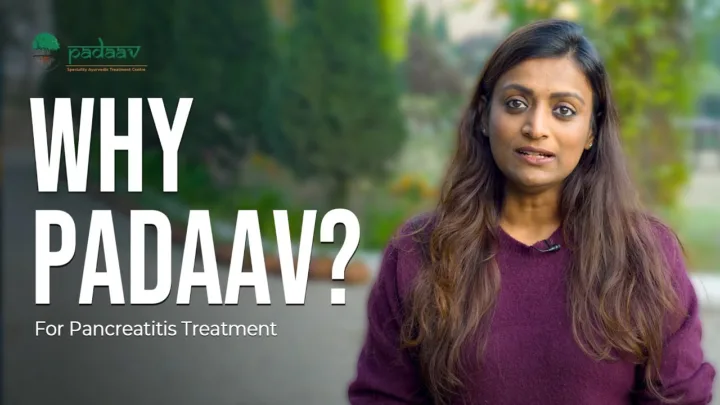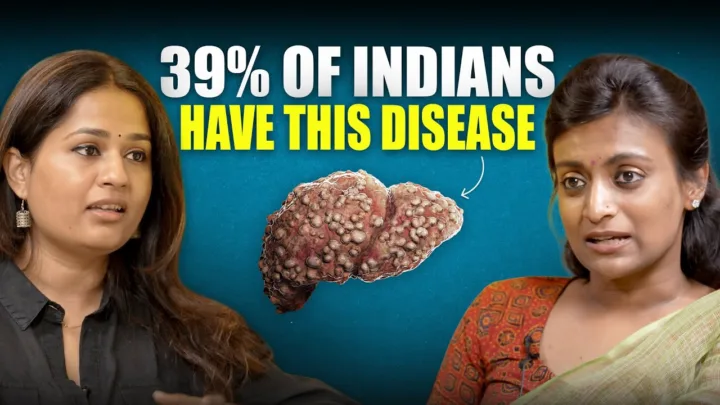An international headache conference once featured two intriguing posters that challenged conventional thinking on migraines: one suggesting migraines diminish during pregnancy, and the other linking improvement to divorce. This thought-provoking context introduces a unique perspective on migraine one that delves far deeper than common understanding.
According to Padma Shree Vaidya Balendu Prakash, migraines are not merely a neurological disorder, as commonly believed in Western medicine. He challenges this notion, proposing that they are a manifestation of a disturbance in the digestive system. In 1783, a Swiss physician, Dr. Dissot, first connected migraines to reflexes from the gallbladder, stomach, and uterus. However, this theory was dismissed by the father of Charles Darwin, and since then, the West has followed the concept of a supraorbital neurological disorder. Yet, in his research since 1985, Vaidya Prakash has fully endorsed Dr. Dissot’s work, finding that migraines are indeed an outcome of a functional disorder within the digestive system.
Symptomatic Relief Versus a Lasting Cure
For many migraine sufferers, the immediate focus is on symptomatic relief. People often turn to home remedies like ginger, lavender oil massages, or acupressure. Vaidya Prakash explains that while these methods may provide temporary comfort by improving circulation or aiding digestion, they are not a cure.
He emphasizes that these are short-term fixes, not a permanent solution. For a complete cure, it is essential to address and correct the underlying functional disorders of the digestive system.
Understanding the Triggers of Migraine
Migraine is a complex condition with multiple triggers:
- Dietary: Skipping meals, especially breakfast, is a primary aggravating factor. Vaidya Prakash explains this leads to an acid-alkali imbalance in the body.
- Hormonal: Migraine frequency can decrease during pregnancy due to hormonal changes and increased rest. Conversely, a specific type of migraine called menstrual migraine can be triggered by the hormonal shifts and stress of menstruation.
- Environmental: Sun exposure, travel, and weather changes can all affect the body’s metabolism and trigger attacks.
- Genetic: Approximately 10-15% of new migraine patients have a family history of the condition.
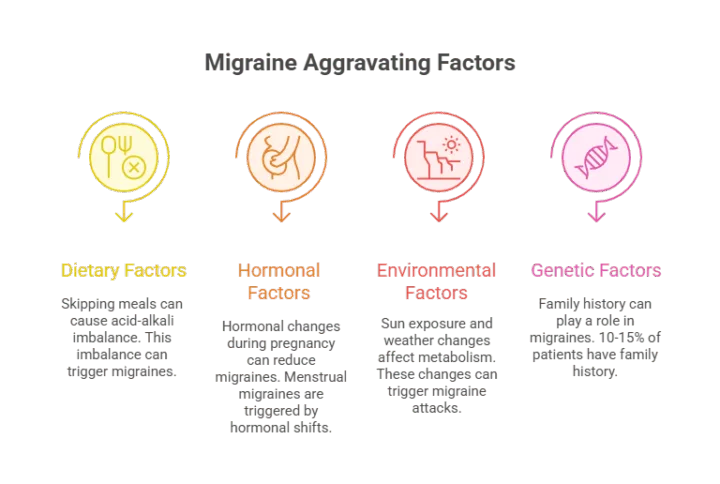
A Landmark Clinical Trial: The Proof of Concept
Vaidya Balendu Prakash confidently states that migraines are completely curable. His assertion is backed by a landmark randomized controlled clinical trial conducted at AIIMS, New Delhi. In this trial, his Ayurvedic treatment was found to be 20 times more effective than the standard allopathic treatment in achieving complete recovery. While not a single patient in the allopathy group showed a complete cure, over 20 patients in the Ayurvedic group were completely cured.
The Padaav Promise: A Life Free from Migraine
With this powerful evidence, Vaidya Prakash asserts that migraines can be cured completely with a structured Ayurvedic protocol. This approach addresses migraine not as an isolated neurological event but as a systemic issue resulting from the body’s internal imbalances.
His final message is clear: Migraine is a bothersome disease, but not a fatal one. It should not be feared, but understood and treated with a holistic, root-cause-focused Ayurvedic approach that leads to permanent relief.

